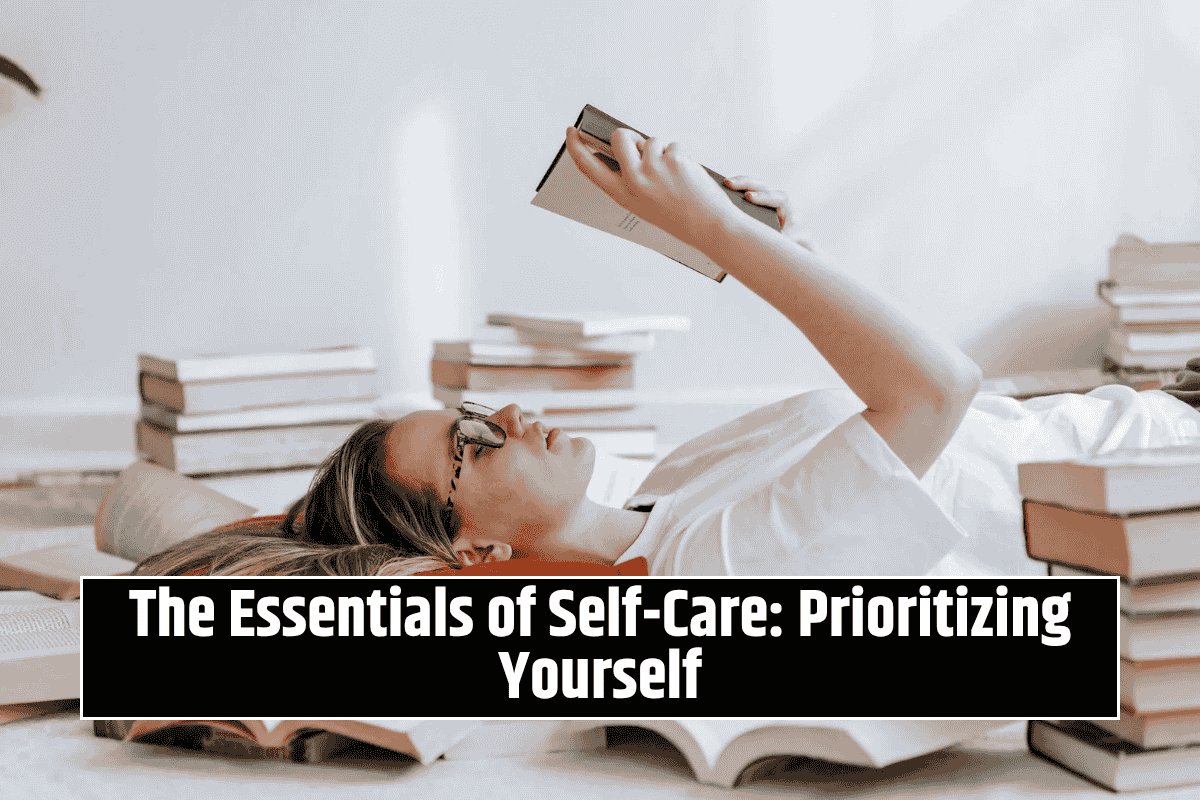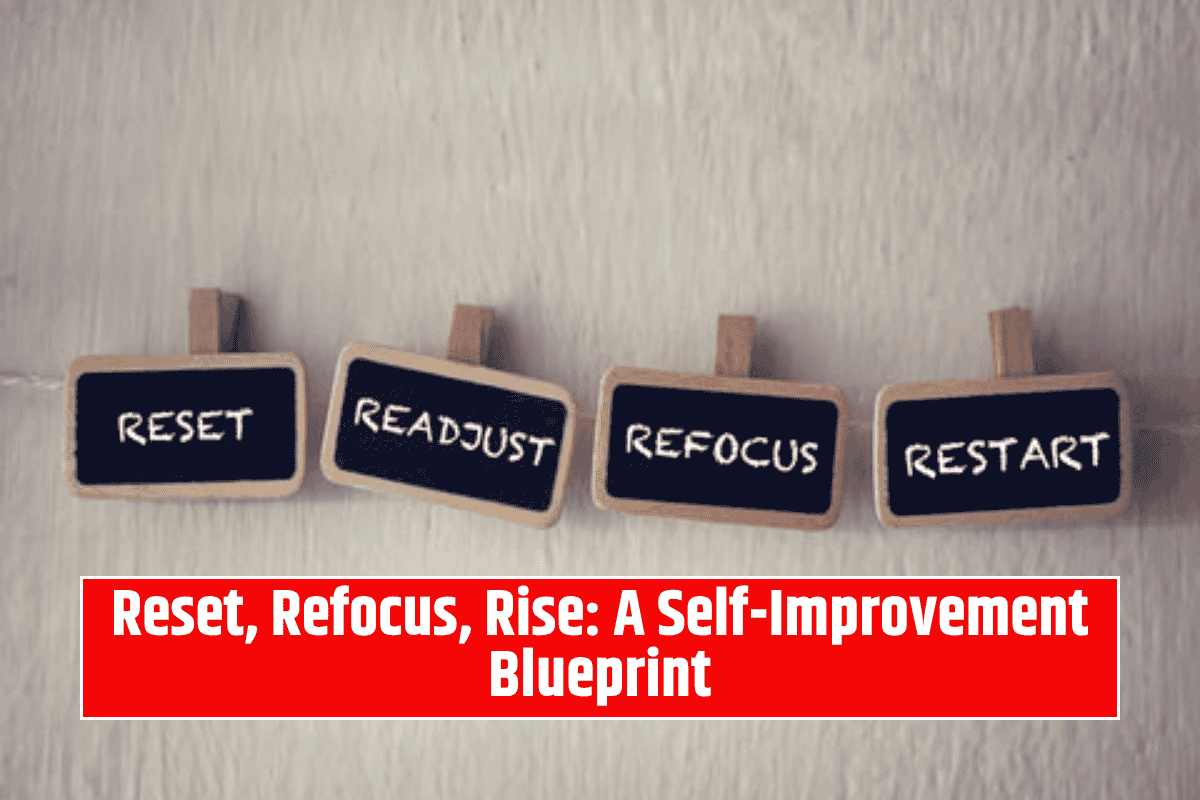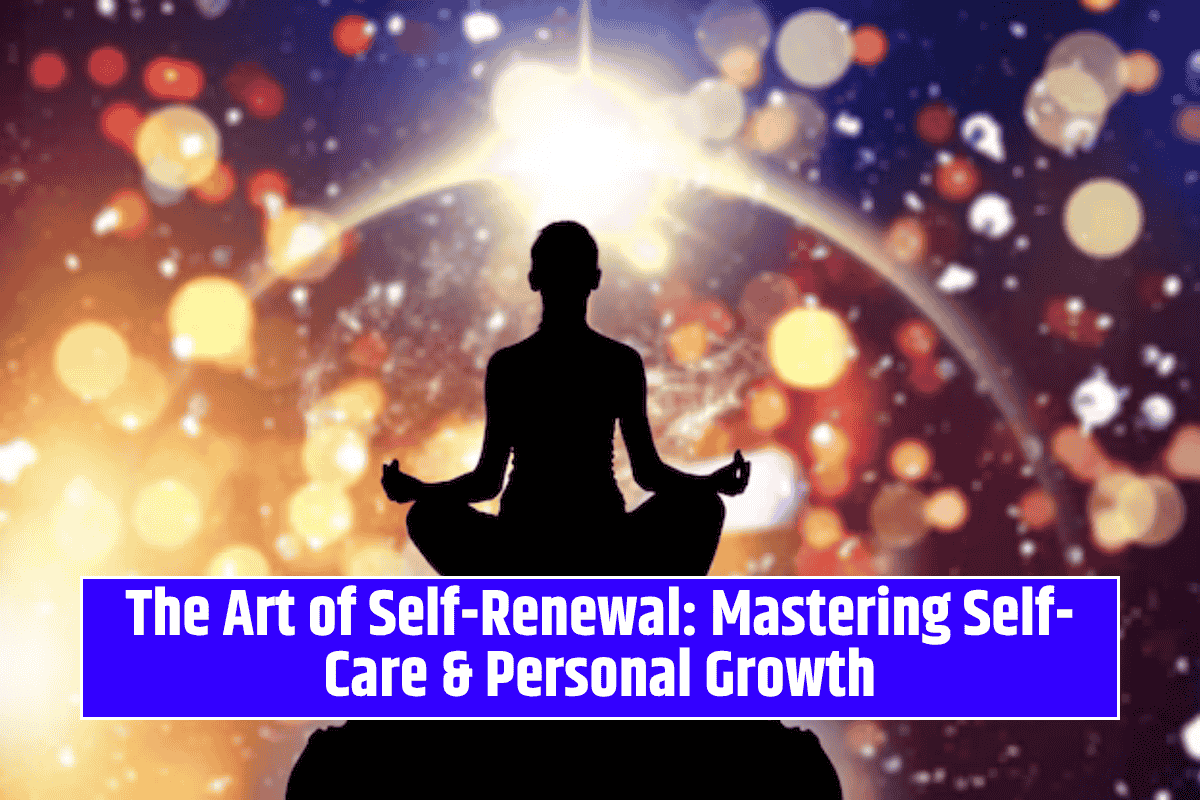In today’s fast-paced world, it’s easy to forget about your own needs while juggling school, work, and personal commitments.
However, self-care is crucial for maintaining physical and mental well-being. It involves taking the time to care for your body, mind, and soul so you can feel your best and perform at your highest potential.
Prioritizing yourself doesn’t mean being selfish; it’s about investing in your health and happiness. In this article, we will explore the basics of self-care and why it’s important for everyone, especially teenagers and young adults.
What is Self-Care?
Self-care refers to the actions you take to keep yourself healthy and happy. It includes everything from getting enough rest to engaging in activities that bring you joy. It’s about being mindful of your emotional, mental, and physical needs and finding ways to fulfill them.
This practice is not just about pampering yourself but about creating a balance that helps you feel stronger, more focused, and ready to face the challenges of everyday life.
Physical Self-Care: Taking Care of Your Body
One of the most important aspects of self-care is looking after your physical health. This means paying attention to what you eat, how much sleep you get, and how often you exercise. When your body feels good, it’s easier to feel positive and energetic.
- Eating well: Fueling your body with the right foods, like fruits, vegetables, and whole grains, is essential. Eating balanced meals helps you maintain your energy levels throughout the day and supports overall health.
- Sleep: Getting enough rest is vital for both mental and physical well-being. Aim for at least 7-8 hours of sleep every night. Sleep helps you recover and recharge, improving focus and mood.
- Exercise: Moving your body is another crucial self-care practice. It doesn’t have to be intense; even a short walk, stretching, or yoga can help you feel more energized and clear-headed.
Mental Self-Care: Nurturing Your Mind
Taking care of your mind is just as important as taking care of your body. Mental self-care helps reduce stress, improve focus, and keep negative thoughts at bay.
- Stress management: Try different techniques to relax your mind, such as deep breathing, meditation, or journaling. These practices help calm your thoughts and improve emotional health.
- Setting boundaries: Learn to say no when you feel overwhelmed. Setting limits with friends, family, and work is crucial for maintaining mental balance and avoiding burnout.
- Positive thinking: Focus on what you can control and stay optimistic. Practicing gratitude, focusing on achievements, and celebrating small wins can boost your mental health.
Emotional Self-Care: Managing Your Feelings
Emotional self-care is about understanding your feelings and taking steps to nurture your emotional health. It’s important to acknowledge and process your emotions instead of ignoring them.
- Talk to someone: Sometimes, sharing your thoughts with a trusted friend or family member can make a huge difference. Don’t hesitate to open up about what you’re going through.
- Engage in activities you love: Whether it’s painting, listening to music, or spending time with pets, doing things that make you feel happy and relaxed can lift your mood and help you cope with difficult emotions.
- Forgive yourself: It’s important to be kind to yourself. Everyone makes mistakes, but it’s crucial to forgive yourself and move on. Don’t be too harsh or critical of your actions.
Social Self-Care: Connecting with Others
Humans are social beings, and having a supportive social circle is an important part of self-care. Building and maintaining healthy relationships can improve your happiness and emotional well-being.
- Quality time with loved ones: Spending time with people who make you feel loved and supported can improve your overall health. Whether it’s family or friends, meaningful connections are essential for your mental and emotional health.
- Building new connections: Don’t be afraid to meet new people. Being social and connecting with like-minded individuals can open up new experiences and boost your mood.
Why Is Self-Care Important?
Self-care is not just a trend; it’s necessary for long-term well-being. Taking care of yourself allows you to feel better physically, emotionally, and mentally. It helps reduce stress, improves your mood, and boosts your productivity.
When you prioritize self-care, you are investing in your future health, happiness, and success. You will feel more capable of handling life’s challenges and be able to enjoy your experiences more fully.
Self-care is essential for everyone, especially young people who often find themselves stretched thin by multiple responsibilities.
It’s about taking the time to care for yourself so you can continue to take care of others and tackle life’s challenges.
Whether it’s through physical, emotional, mental, or social self-care practices, it’s important to make self-care a regular part of your life. By taking small steps each day, you can create a healthier, happier, and more balanced version of yourself.
FAQs
What is self-care?
Self-care is taking actions to look after your physical, mental, and emotional health. It includes habits like eating well, sleeping enough, exercising, and managing stress.
Why is self-care important?
Self-care helps you stay healthy, reduces stress, and boosts your mood. It also increases your productivity and allows you to handle challenges more easily.
How can I practice self-care every day?
You can practice self-care by eating nutritious meals, getting enough sleep, exercising, spending time with loved ones, and engaging in activities that make you happy.
Can self-care improve my mental health?
Yes, regular self-care practices help improve mental health by reducing stress, anxiety, and depression. It allows you to maintain a positive mindset and manage emotions better.
What are some easy self-care activities I can try?
Some simple self-care activities include journaling, walking, listening to music, meditating, or talking to a friend. Find what makes you feel calm and happy!






